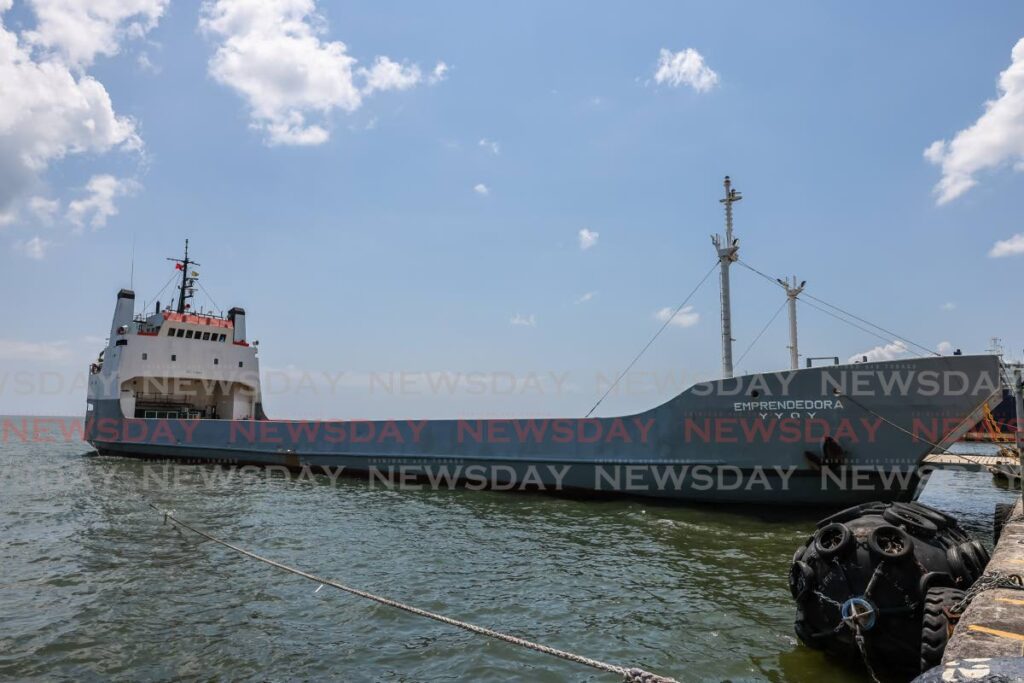Unending Tobago cargo challenge

On Thursday, Port Authority chairman Lyle Alexander promised a temporary cargo vessel for the seabridge. The new vessel leased out of Venezuela was to begin operations on Saturday.
On Friday, Works and Transport Minister Rohan Sinanan apologised to the people of Tobago for the inconveniences that resulted from the MV Cabo Star being taken out of service after a fire in the engine room on August 23. Those inconveniences include an islandwide shortage of goods.
The Cabo Star is the cornerstone of cargo movement between Trinidad and Tobago, with a 300-vehicle capacity, more than the three other passenger-focused vessels plying the route carry collectively.
According to Mr Sinanan, the owners of the Cabo Star will pay for the repairs to the vessel and cover the cost of renting its replacement. It's hardly the first problem that the 35-year-old cargo ship has suffered since it was brought into service for cargo haul in 2017. Complaints about the ship began almost immediately after it began working the route, with truckers complaining of inhumane conditions, including inadequate toilet facilities, vermin and inadequate cafeteria service.
The Port Authority moved quickly to address some of the problems, but could do nothing about the shortage of cabins. In 2018, during a scheduled ten-day dry dock, the authority scrambled to fill the gap with additional sailings of the only other vessel available, the T&T Spirit which only carries light cargo.
Other hiccups included a short-lived limit on the load of bitumen that could be shipped on the vessel, a $350,000 marijuana bust and rocks lodged in the toilet system.
Mr Sinanan announced in August 2020 that the government would buy a new cargo vessel. Twenty-seven months later, the plan was still "in the pipeline." The cost of leasing the Cabo Star has been steadily reduced since it was first pressed into service, and the Government, facing disappointments with acquiring a replacement, negotiated a reduction to US$16,000 per day for the continued use of the vessel.
Perhaps it's time for the Government, and indeed the Caribbean region, to begin thinking about robust intra-regional solutions that build greater efficiencies for the transport of both passengers and goods.
In a letter to the editor on Tuesday, Capt R Wild suggested that there might be economic potential and regional strength in developing ocean transport that can efficiently move product not just between Trinidad and Tobago, but also between this country and other regional island states.
While efforts at a regional airline have consistently faltered, creating a price premium for inter-island travel, a Caricom-level evaluation of the potential of increased seaborne travel and trade between Caribbean islands, including Tobago, is a project that's worth revisiting.


Comments
"Unending Tobago cargo challenge"